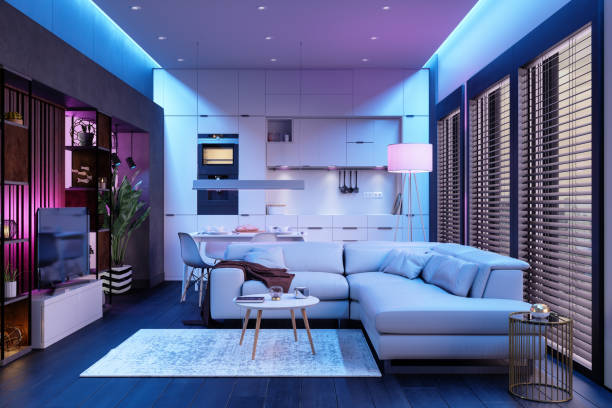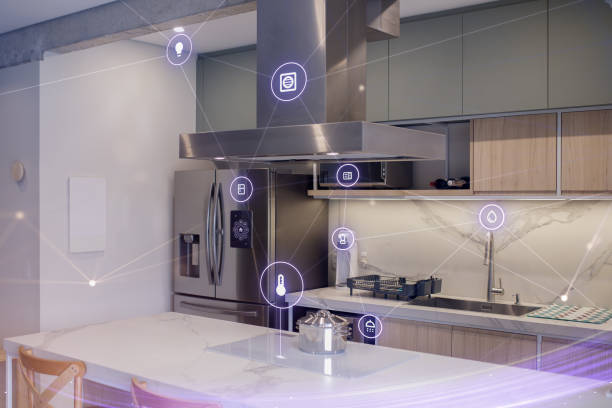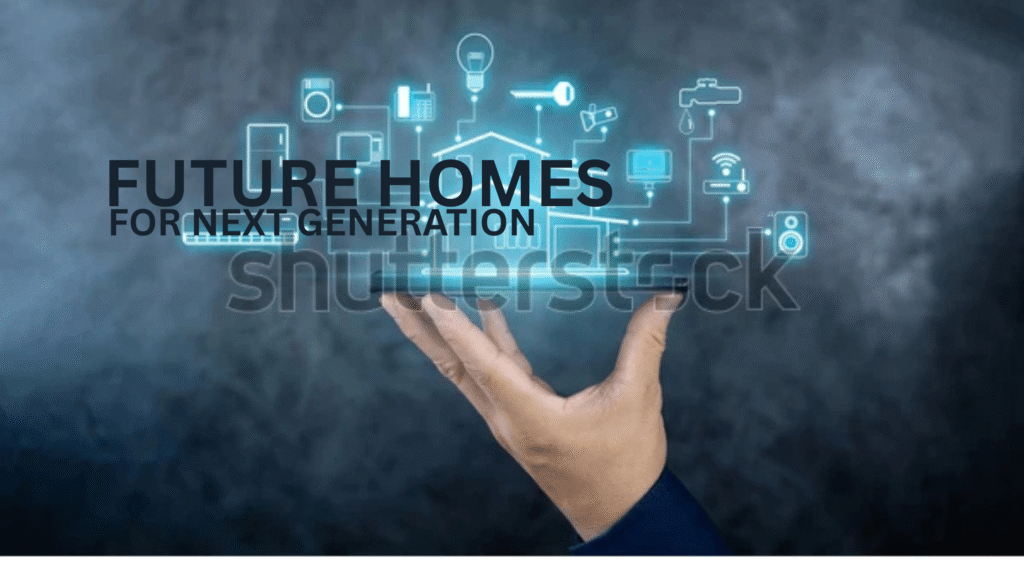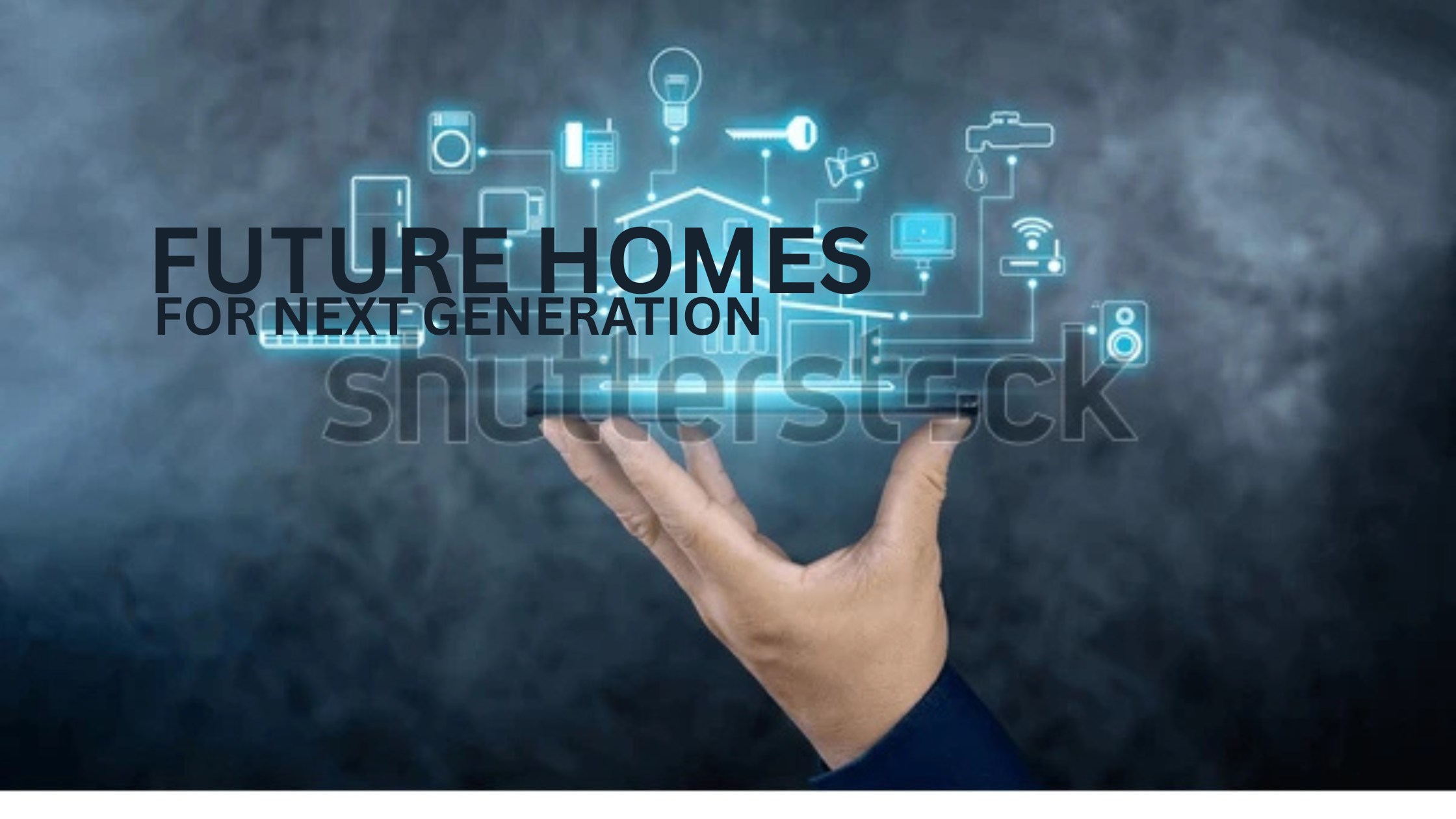The idea of a “smart home” has evolved rapidly over the past decade. What started as basic voice commands to control lights or play music has grown into an integrated, intelligent living experience. As technology continues to advance, the future of smart homes promises even greater convenience, efficiency, security, and personalization — all tailored to our lifestyles like never before.
Seamless Integration and Automation

Future smart homes will likely integrate sensors throughout the house that monitor motion, light, temperature, and even air quality. These sensors will help optimize energy usage, reduce waste, and enhance safety. For instance, if no one is in a room, lights and appliances will turn off automatically — saving energy without you lifting a finger.
In the near future, smart homes will be fully interconnected systems where every device, appliance, and service communicates and adapts to our preferences. With the help of artificial intelligence (AI) and machine learning, your home will not just respond to commands, but anticipate your needs. For example, your home could automatically adjust the thermostat based on your schedule and the weather forecast, or even prepare your morning coffee as soon as your alarm goes off.

Enhanced Security and Safety
Security systems in tomorrow’s smart homes will go beyond simple door cameras and alarms. AI-powered facial recognition, biometric authentication, and real-time threat detection will make homes far more secure. Smart locks will allow access only to verified individuals, and homeowners will receive instant alerts if unusual activity is detected, no matter where they are.
Moreover, homes will be equipped to detect internal hazards such as gas leaks, water leaks, or fire risks and alert the homeowner or emergency services immediately. This could greatly reduce the damage caused by such incidents and even save lives.

Health and Wellness Focus
Another exciting development in future smart homes is their ability to support health and wellness. Smart mirrors may scan your face for signs of fatigue, stress, or illness, offering health tips or reminders to hydrate. Bathroom scales, wearables, and even toilets may collect health data and sync with your healthcare provider, helping detect early signs of illness or track chronic conditions.
Lighting systems that simulate natural daylight will help regulate sleep patterns and mood, especially for those living in regions with less sunlight. Air purifiers and humidifiers will automatically adjust to maintain optimal indoor air quality, which is essential for those with allergies or respiratory conditions.

Personalization and Lifestyle Integration
The smart home of the future will be all about personalization. AI will learn the preferences of each household member — from favorite music and lighting to preferred room temperatures — and adjust the environment accordingly. Your home will greet you with your favorite playlist, dim the lights to your preferred setting, and even suggest meal ideas based on your dietary habits and what’s in the fridge.
Home entertainment will become more immersive and interactive, with virtual reality (VR) and augmented reality (AR) systems integrated into everyday living. Whether it’s a virtual movie night with friends across the world or an immersive fitness class in your living room, the boundaries between physical and digital experiences will blur.

Final Thoughts
The future of smart homes is not just about gadgets and automation — it’s about creating living environments that are more responsive, sustainable, and human-centered. As technology continues to develop, smart homes will increasingly become intelligent partners in our daily lives, enhancing our comfort, safety, and overall well-being.

We are only beginning to see what’s possible, and the next decade promises to turn science fiction into everyday reality — all within the walls of our own homes.



